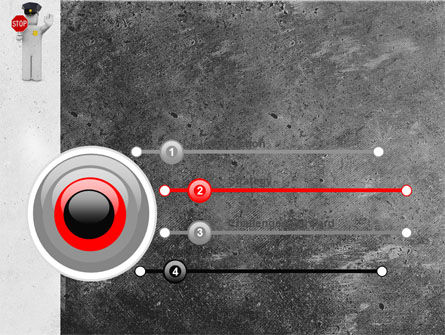The prospective for misrepresentation online, combined with effort and time dedicated to face-to-face times, make evaluation techniques critical for online daters. These assessment techniques may then influence participants’ self-presentational strategies while they look for to show their trustworthiness while simultaneously evaluating the credibility of others.
Internet dating individuals run in a breeding ground by which assessing the identity of other people is a complex and process that is evolving of signals and deconstructing cues, making use of both active and passive methods (Berger, 1979; Ramirez, Walther, Burgoon, & Sunnafrank, 2002; Tidwell & Walther, 2002). SIP considers just how online users develop impressions of others, despite having the restricted cues available online, and implies that interactants will conform to the residual cues to make choices about other people (Walther, 1992; Walther, Anderson, & Park, 1994). Internet surfers turn to cues that are small purchase to produce impressions of other people, such as a poster’s email (Donath, 1999), the links on a person’s website (Kibby, 1997), perhaps the timing of electronic mails (Walther & Tidwell, 1995). In expressing affinity, CMC users are adept at using language (Walther, Loh, & Granka, 2005) and conventions that are CMC-specific specially while they be much more experienced online (Utz, 2000). In brief, online users become intellectual misers, developing impressions of other people while conserving psychological power (Wallace, 1999).
Walther and Parks (2002) propose the thought of “warranting” as a good conceptual device for focusing on how users validate others’ online identity cues (see additionally rock, 1996). The text, or warrant, between one’s self-reported online persona and one’s offline components of self is less particular and much more mutable compared to face-to-face settings (Walther & Parks, 2002). In on the web settings, users can look for signals which can be hard to mimic or govern so that you can assess others’ identity claims (Donath, 1999). By way of example, people might utilize se’s to discover newsgroup postings by the individual under scrutiny, understanding that this searching is covert and that the newsgroup postings almost certainly were authored with no understanding they could be archived (Ramirez et al., 2002). Within the context of internet dating, due to the perceptions of deception that characterize this sphere therefore the self-reported nature of individuals’ profiles, participants may adopt certain presentation techniques intended for providing warrants due to their identification claims.
In light regarding the above, our research real question is hence:
RQ: just how do online dating participants manage their online presentation of self so that you can accomplish the aim of  locating a intimate partner?
locating a intimate partner?
Technique
To be able to gain understanding of this concern, we interviewed on line participants that are dating their experiences, ideas, and habits. The qualitative information reported in this essay were collected as an element of a larger research study which surveyed a nationwide random sample of users of a big online dating service (N = 349) about relational goals, sincerity and self-disclosure, and observed success in online dating sites. The study findings are reported in Gibbs et al. (2006).
Analysis Web Site
Our research addresses CMC that is contemporary theory naturalistic findings. Individuals had been users of a big dating that is online, “Connect” (a pseudonym). Connect presently has 15 million active users much more than 200 countries around the globe and stocks structural faculties with many other internet dating services, providing users the capacity to produce profiles, search others’ pages, and communicate via a produced email address. Within their pages, participants can sometimes include a number of photographs and a written (open-ended) description of themselves and their desired mate. Additionally they answer a battery pack of closed-ended concerns, with preset category-based answers, about descriptors such as for example earnings, physique, faith, marital status, and liquor use. Users can conduct database queries that create a listing of pages that match their desired parameters (usually gender, sexual orientation, age, and location). Initial interaction does occur by way of an email that is double-blind, by which both e-mail details are masked, and individuals usually move using this medium to other people whilst the relationship advances.
